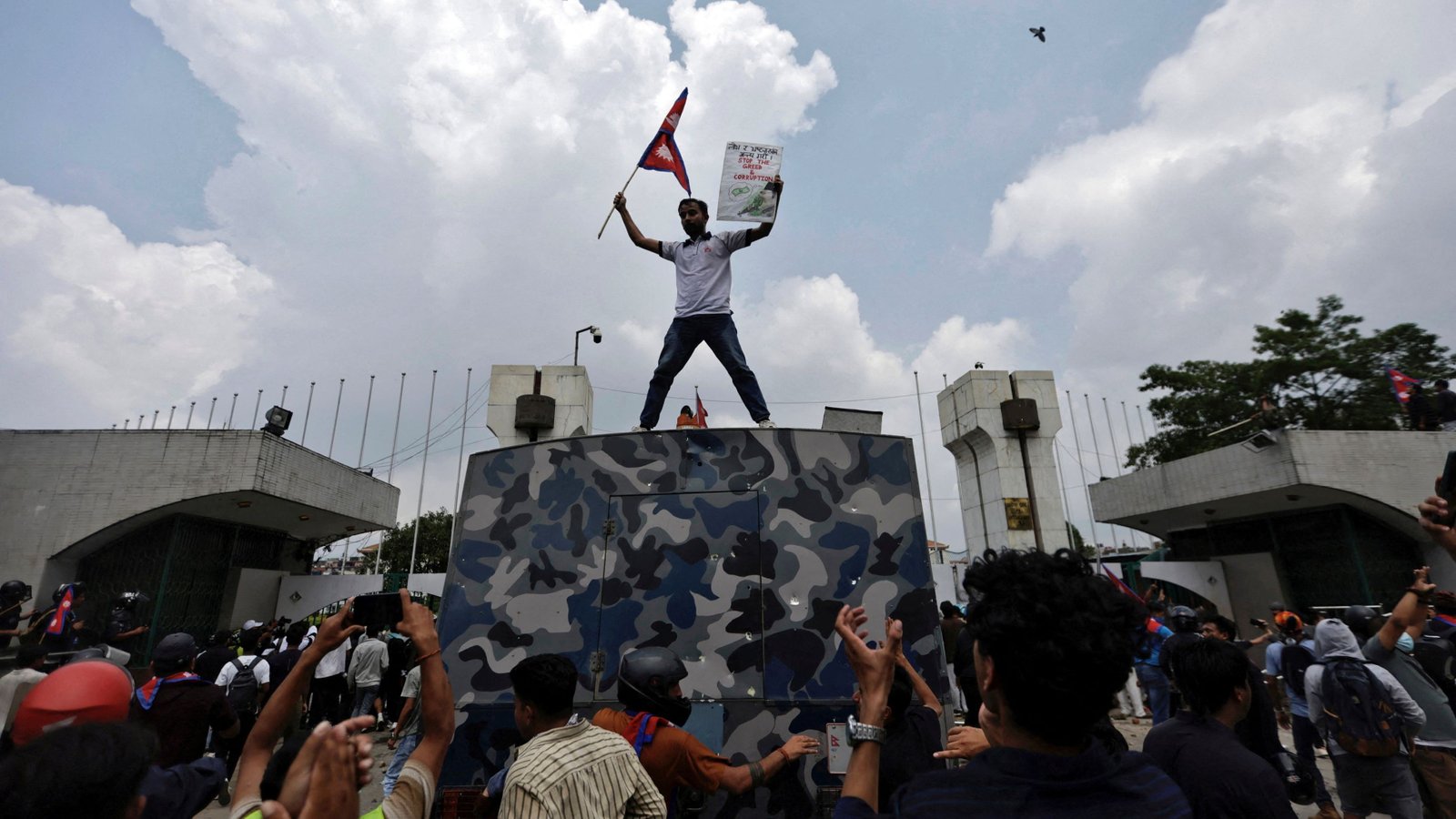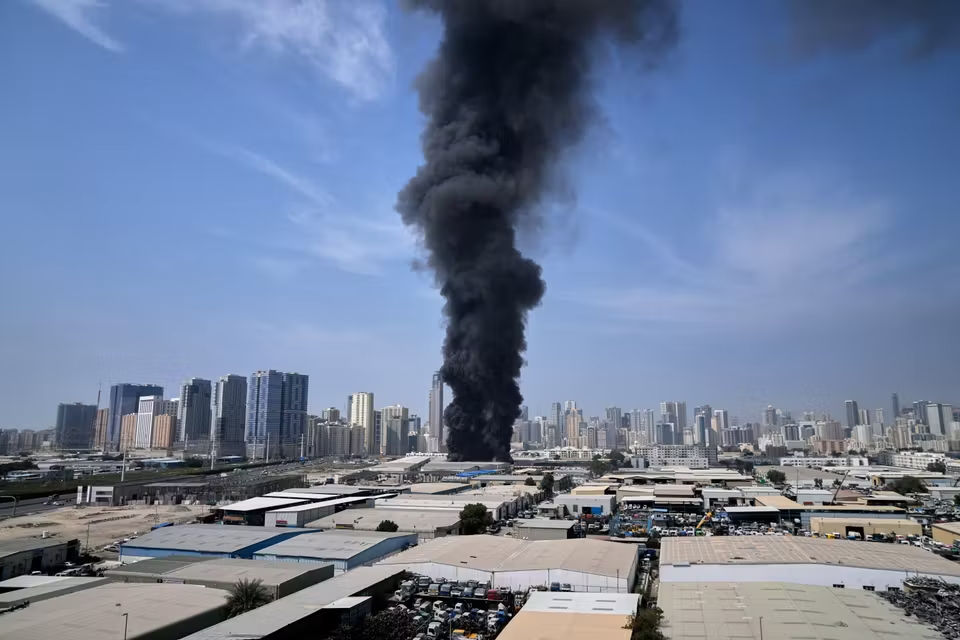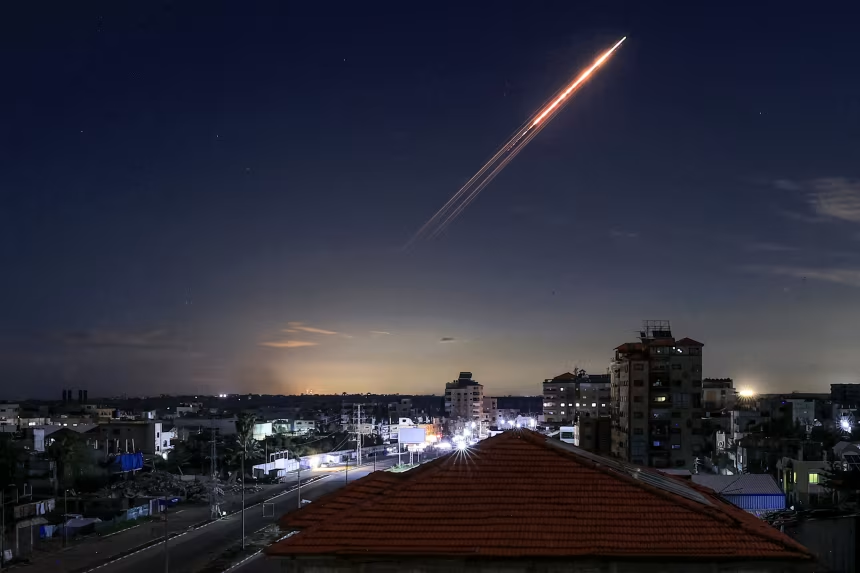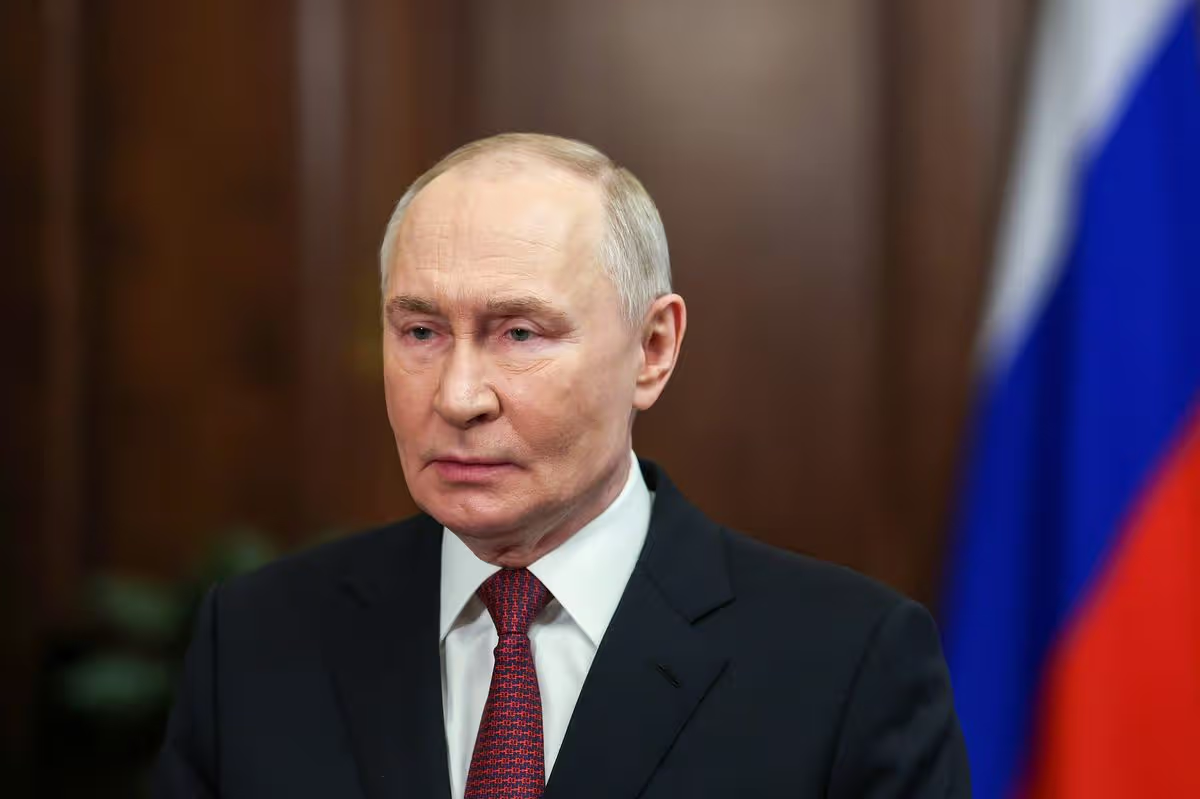Nepal’s recent decision to block 26 social media platforms, including Facebook, YouTube, and Instagram, has ignited widespread protests across the country. The move has triggered anger, particularly among the youth, many of whom rely on these platforms for education, work, and social connection.
The government announced the ban on September 4, citing non-compliance by companies like Facebook, Instagram, Reddit, and LinkedIn with registration rules set by the Ministry of Information and Communications Technology. According to authorities, platforms that failed to register within the given timeframe faced restrictions.
The ban immediately impacted around 13.5 million Facebook users and 3.6 million Instagram users in Nepal. Students, small business owners, and young entrepreneurs were among those most affected, as they depend on social media for learning, networking, and earning. The sudden cutoff disrupted daily communication and business operations, leaving many frustrated and uncertain about the future.
Initial protests began as small gatherings of students and young users demanding the restoration of social media access. However, demonstrations quickly escalated into broader anti-government movements. Protesters claim their opposition is not just about social media. They are also speaking out against long-standing institutional corruption, lack of government accountability, and authoritarian tendencies.
Nepal’s streets have seen repeated demonstrations over the past few days. Many of the protesters are teenagers and young adults under 20, marking this as a youth-led movement. The scale and intensity of the protests have raised questions about the demands and motivations of Nepal’s new generation.
This movement has been described by participants as a fight for “digital freedom,” highlighting that the ban infringes on their rights to access information and express themselves online. Protesters argue that the government is imposing a form of new-age control, restricting freedom of expression and limiting opportunities for young professionals and students.
Officials from the government have maintained that the decision is necessary to regulate social media platforms. They emphasize that the move aims to prevent the spread of fake news, hateful content, fraud, and money laundering. Authorities stress that the government respects freedom of expression but must balance it with the need to protect public interest and security.
The protest movement also points to deeper issues within Nepal’s political system. Demonstrators say corruption, misuse of power by senior officials, and lack of accountability have created systemic inequality. They claim that the government is failing to respect the rights of its young citizens, leaving them feeling marginalized and ignored.
Social media platforms such as TikTok and Telegram have previously faced temporary restrictions in Nepal for similar reasons. However, the current ban affecting 26 platforms is unprecedented in scale, intensifying public backlash. For students and entrepreneurs, social media is not just a tool for entertainment; it is an essential platform for education, business growth, and networking.
Analysts suggest that the youth-led protests reflect a growing desire among Nepal’s younger population to participate in decision-making and hold authorities accountable. Many see the movement as a turning point, signaling the rise of a politically active generation ready to challenge institutional practices that they believe hinder progress and personal freedoms.
The demonstrations have drawn attention both nationally and internationally, with observers noting the strong involvement of the student community. Social media itself, though currently restricted in Nepal, continues to be a rallying point, as protesters share news, updates, and strategies through alternative channels.
As the protests continue, the government faces mounting pressure to reconsider its restrictions and engage with youth demands. The situation remains fluid, with both sides seeking a resolution that addresses regulatory concerns while respecting the rights of citizens.
Nepal’s social media ban and the resulting youth protests highlight the crucial role digital platforms play in modern society. They are not only spaces for communication but also for education, entrepreneurship, and civic participation. The ongoing movement demonstrates how young people are increasingly willing to challenge policies they see as unjust, marking a significant moment in Nepal’s social and political landscape.







